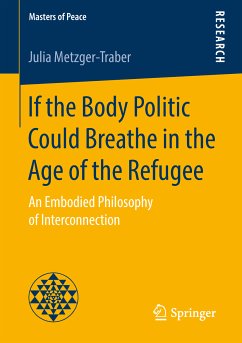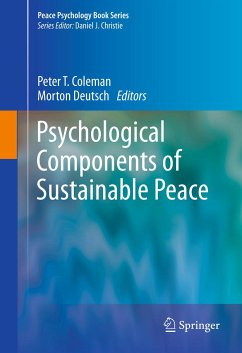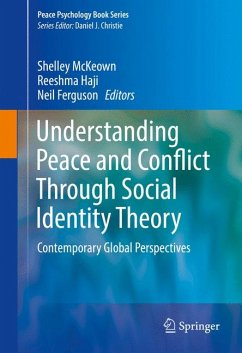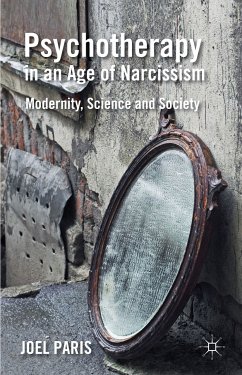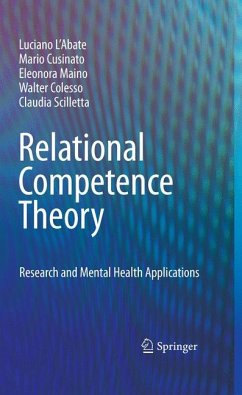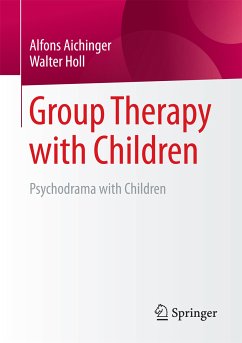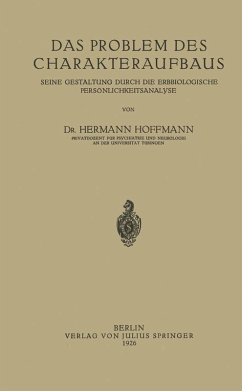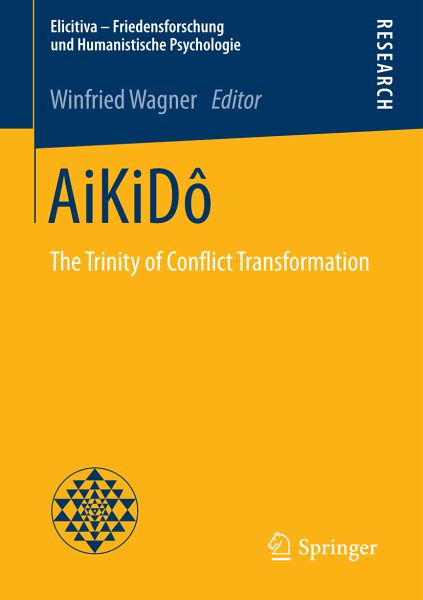
AiKiDô (eBook, PDF)
The Trinity of Conflict Transformation
Redaktion: Wagner, Winfried
Versandkostenfrei!
Sofort per Download lieferbar
40,95 €
inkl. MwSt.
Weitere Ausgaben:

PAYBACK Punkte
20 °P sammeln!
In this volume, nine renowned experts delineate their theoretical or methodological approach of Aikidô in potentiating constructive handling of social conflicts. The authors depict the contribution of the Japanese self-defensive art Aikidô to the theory and practice of conflict transformation. The concept of Elicitive Conflict Transformation (Lederach, Dietrich) necessarily calls for a revised understanding of applied peace work and a new personal profile of the conflict worker. This is the point where Aikidô and conflict/peace work meet.
Dieser Download kann aus rechtlichen Gründen nur mit Rechnungsadresse in A, B, BG, CY, CZ, D, DK, EW, E, FIN, F, GR, HR, H, IRL, I, LT, L, LR, M, NL, PL, P, R, S, SLO, SK ausgeliefert werden.




